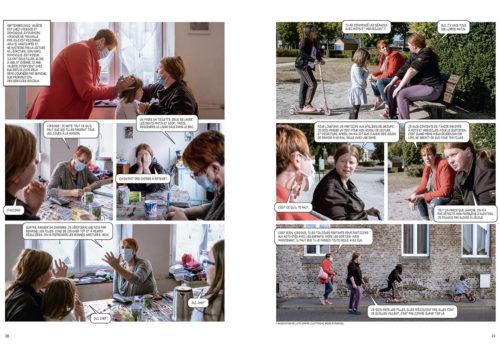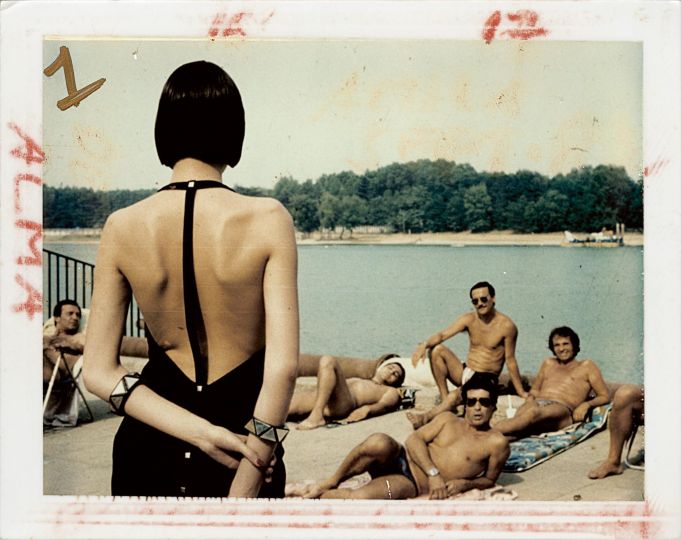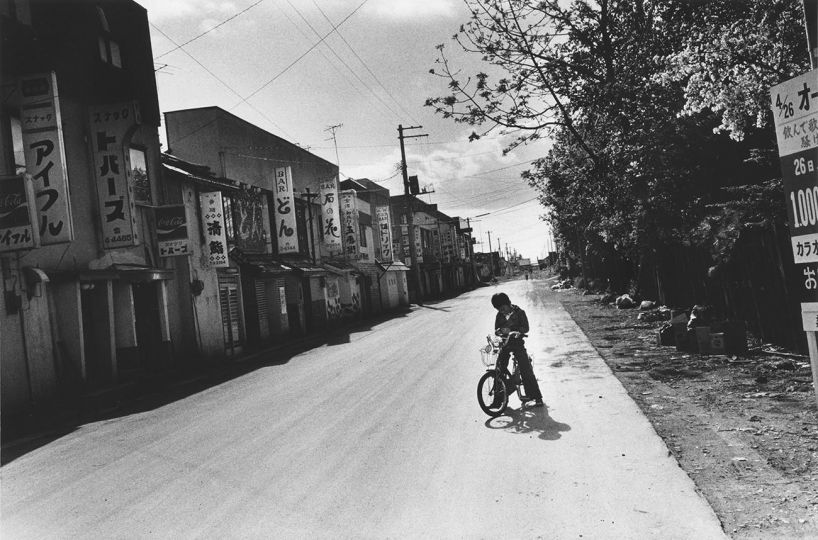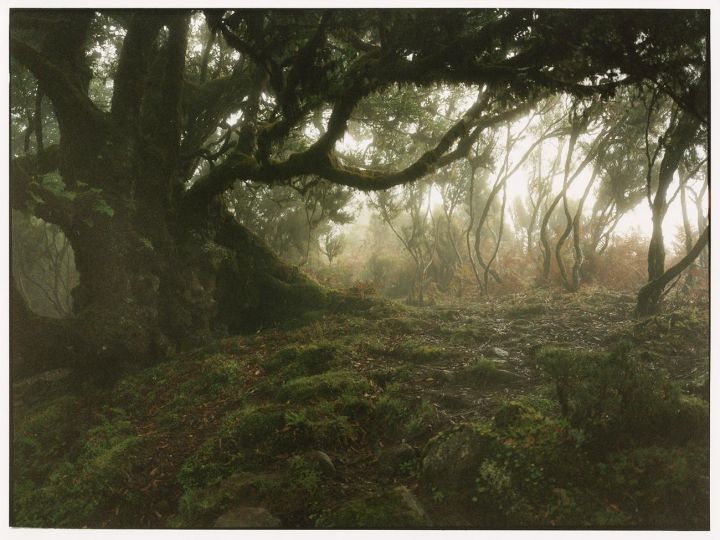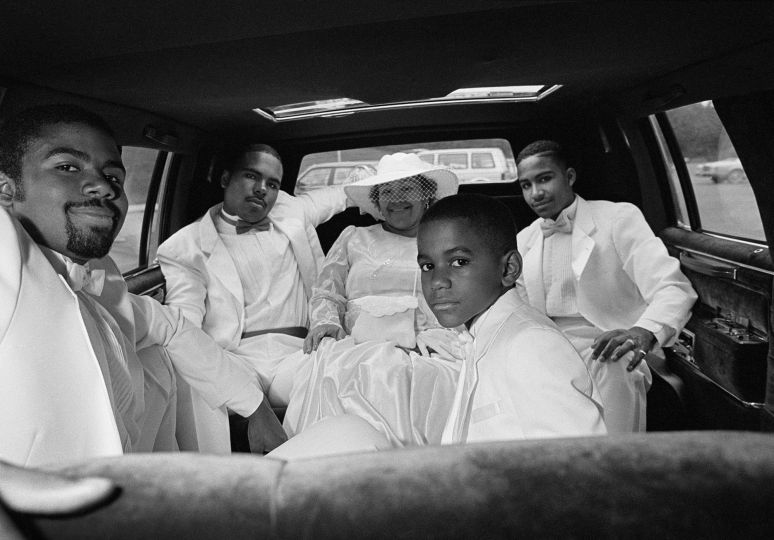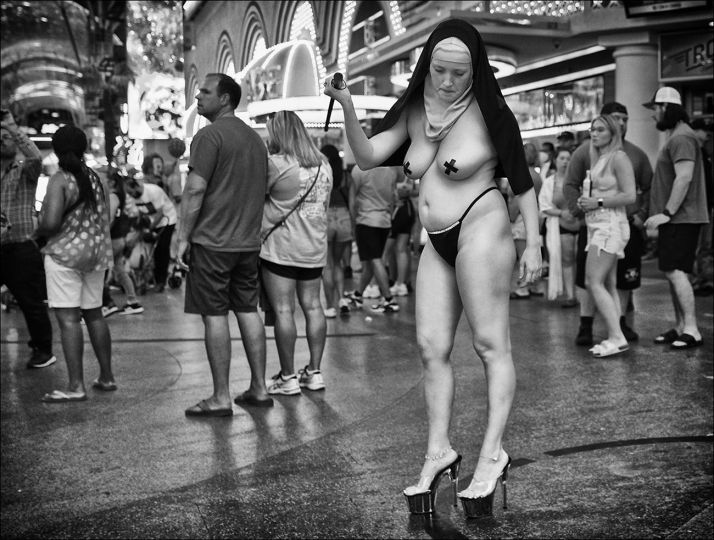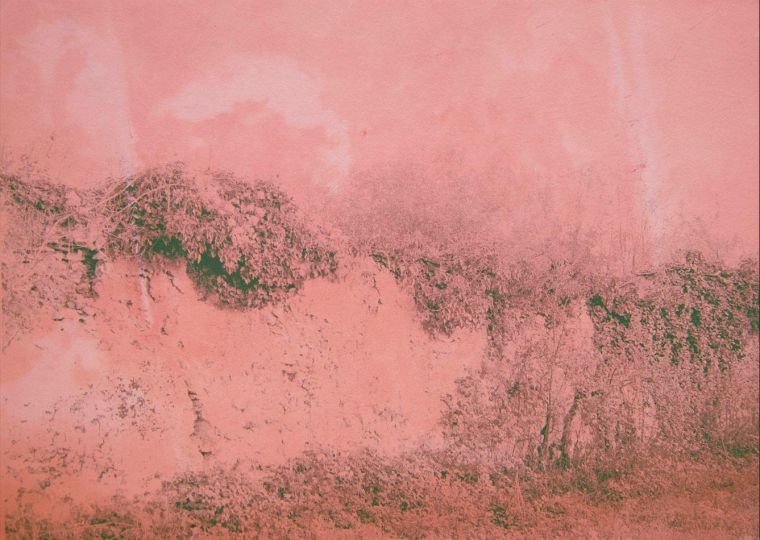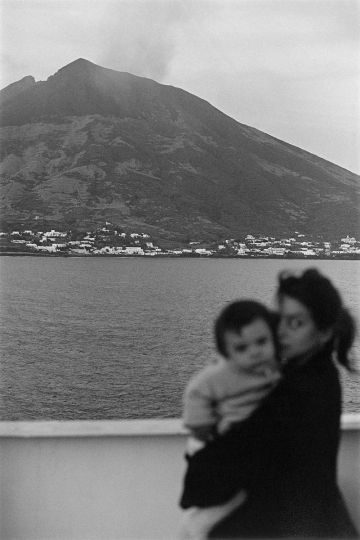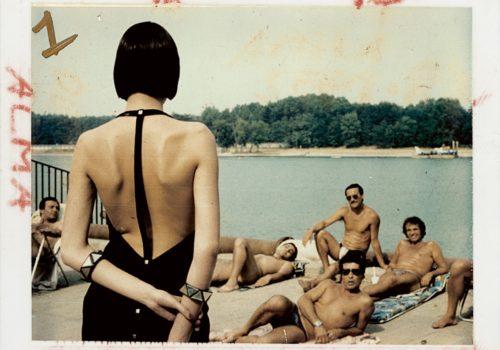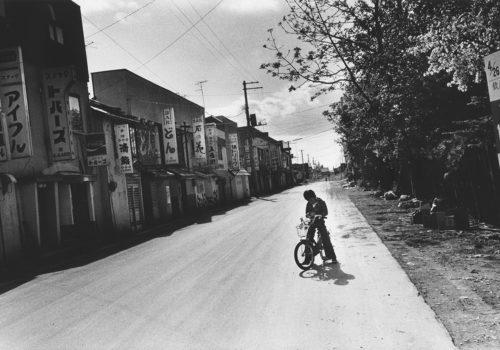They are home help, social life assistant, childminder, caregiver, nurse, family assistant, social and family intervention technician, specialized educator. The health crisis has highlighted the essential nature of their functions. During his televised address on April 13, 2020 during the coves crisis, the President of the Republic, Emmanuel Macron, recognized that our country was “entirely dependent on women whom our economies recognize and remunerate so poorly”. But very quickly, these women returned to the shadows. Yet the concern for others defined by the concept of care is a crucial political issue that cuts across the daily experience of most of us. It concerns the field of work as well as those of gender and health.
They are 3 million, 1 working woman out of 4. But what do we really know about these women? What do we know about their working conditions? How do we represent the day of a home helper, a childminder or a social worker? What do we know about the trajectories of these women, some of them came from the DOM-TOMs or from abroad? In reality, we don’t know much. This “other” popular female world has long been hidden from representational spaces.
Also, for more than two years, before and during the Covid-19 pandemic, Vincent Jarousseau went to meet those he called The linking women, those who are at the service of others, in rural and post-industrial area in the north of France, around Fourmies and in the Paris region, mainly in Seine-Saint-Denis. He listened to the words of these women who respond to major contemporary issues such as the end of life, health or early childhood. He was interested in their journeys and their destinies. He wanted to show through photography their lives at work and their family intimacy.
In the continuity of his two previous works (L’illusion nationale and The roots of anger), he now delivers a story around nine women, which mixes photo- story (see publication by researcher Danièle Méaux* ) and comics (with drawings by Thierry Chavant). In the bubbles, it is the words of these women that are faithfully reproduced.
To describe and document these lives, report on the condition of these women left in the shadows, make people feel the complexity and diversity of experiences, far from the miserable clichés: this documentary adopts the point of view of those who live from the inside this almost invisible world.
The occultation of this popular feminine world is in no way surprising. This is due to the very nature of the work of these women and the place reserved for them in the division of labor within the economy. When we take care of others, when we clean, care for, wash, if that can be a choice, it is most often necessity that controls the exercise of these professions. However, constraint is exactly the opposite mirror of choice, and of the autonomy of the individual, which are the values celebrated and valued with a vengeance by our liberal society.
* https://journals.openedition.org/focales/1002
Vincent Jarousseau : Les femmes du lien
Les Arènes Editions
Format 22cm x 29cm
pages 222
ISBN 979-10-375-0583-5
24.9€
https://arenes.fr/livre/les-femmes-du-lien/

